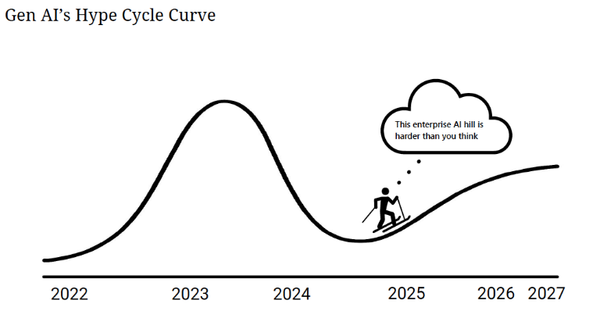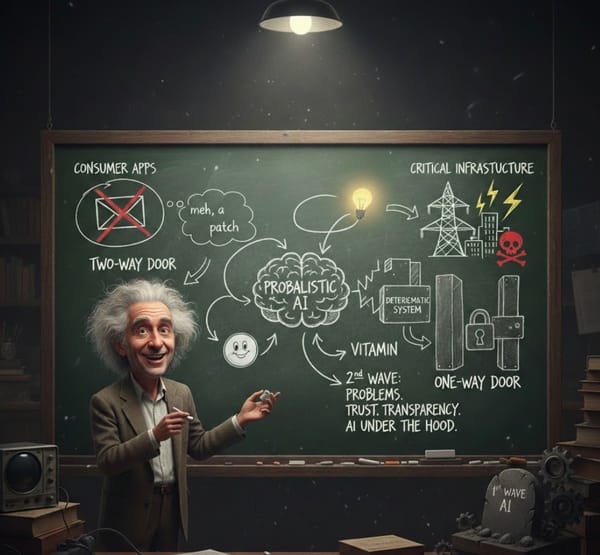Private Equity’s Reputation
It’s not the best, but the energy transition could help change that.
I’m not sure when it happened, but at some point, private equity became known as an industry that only cuts jobs and cares only about profits over people. The truth is you can align incentives to maximize the outcomes on both.
It started with books like Barbarians at the Gate and continued when over-levered failures like Toys R Us became mainstream news in the 2010s.
I started thinking more about this after hearing Henry Kravis say that people still know him as one of the “barbarians” in the famous book on Nabisco’s takeover. Thirty years and many accomplishments later, that’s still the reputation.
Ironically, his firm is also the one that invested in Overhead Doors. If you’re unfamiliar with this story, KKR shared equity with all 800 employees when they invested in 2015. In 2022, when they exited the deal, all 800 made at least $75,000.
But, KKR didn’t stop there; they also brought in financial advisors for free for all of those employees to help them manage their money and set them up for future success, including things like retirement and college funds for their kids.
Private equity changed those employee’s lives for the better, and it barely made the news.
I want to participate in the type of firm that deals in the “Overhead Doors” style that aligns outcomes with life-changing money for everyone involved.
Yes, the outcomes will always be lucrative for founders and investors. Still, a lot of people working at these companies are like me: first-generation college graduates from middle-class backgrounds whose parents sacrificed everything to give them a chance to succeed.
For all of the bad, and yes, it exists, private equity will play a massive role in the energy transition. It’s the capital that will help us deploy solutions like EV charging stations, upgrade existing buildings to make them more energy efficient, and finance new forms of power generation.
We should talk more about that.


